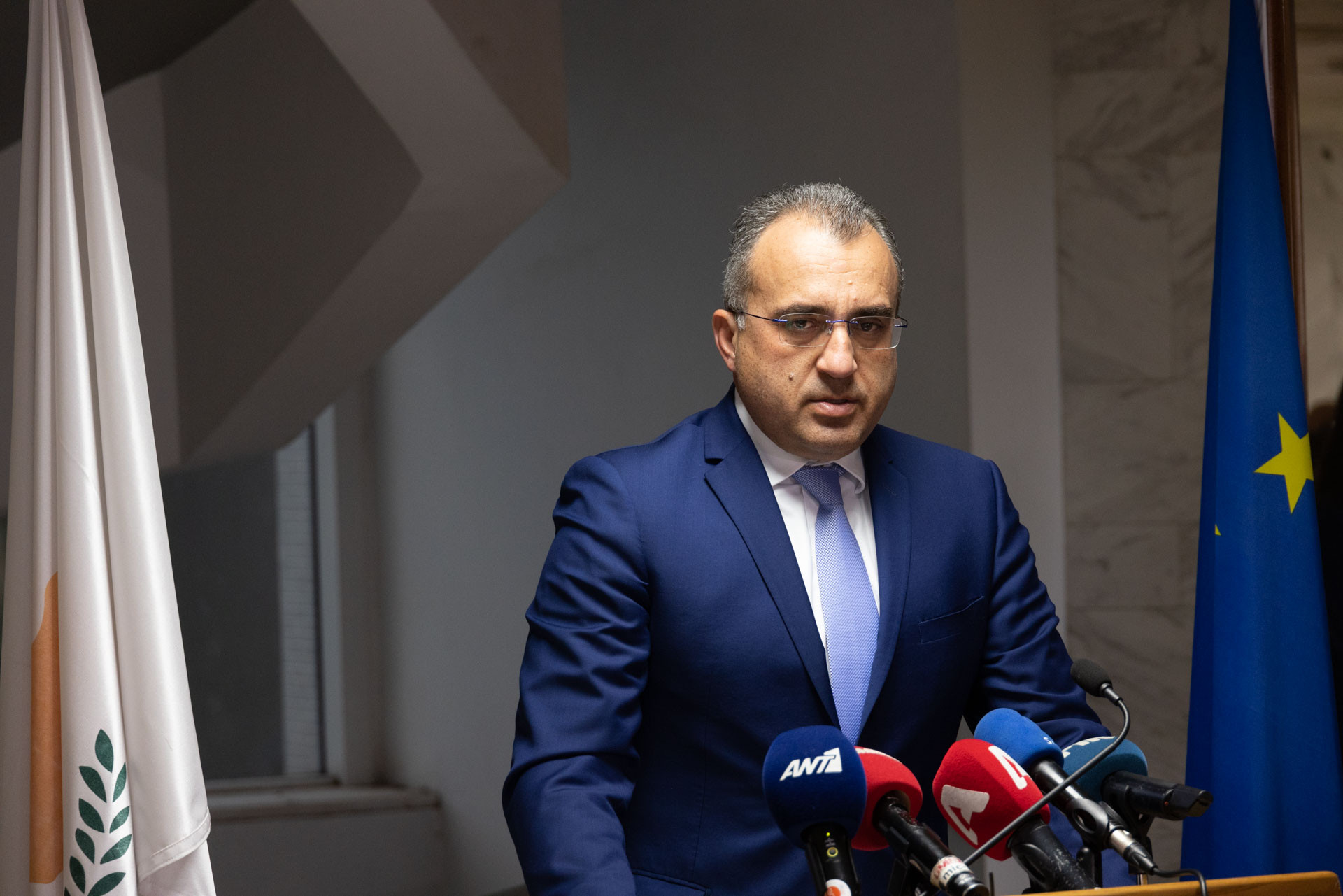The Cabinet on Wednesday approved a test to stay policy implemented at schools for close COVID-19 contacts, which would be expanded to the emergency services and hospitals.
As announced by the Health Ministry, members of the police force, the fire department and medical staff found to be close contacts of known cases will have to undergo daily testing before clocking in at work.
The test-to-stay policy, to avoid quarantine, has been introduced at schools to keep students reported as close contacts in their classrooms by testing daily.
Currently, students reported to be close contacts have to get tested in the morning before class for six days.
This applies to all children reported as close contacts, with unvaccinated children having the option to self-isolate instead of getting tested.
Implementation for emergency services and hospitals will be announced after consultation with the competent ministries and services.
Asked by the Financial Mirror, a Health Ministry communication officer said the government has yet to decide if close contacts who are fully vaccinated will undergo daily testing.
There is a suggestion to have vaccinated close contacts tested on the third and fifth day after coming into contact with a known COVID case.
The Cabinet also issued a recommendation that from 28 January, children aged 2-5 should undergo a weekly rapid test for attendance in kindergartens and pre-primary schools.
Testing will be optional and free under the ministry’s testing programme.
The Cabinet also tweaked regulations governing the release of close contacts.
As of 28 January, rapid tests can substitute for PCR tests on the 7th day for the early release of close contacts undergoing ten-day self-isolation.
The latter excludes health professionals working in private and public hospitals, closed structures and nursing homes.
Meanwhile, authorities have changed the test to stay policy at schools, increasing the days for which close contacts at schools will undergo daily testing from six to seven days.
This means that students who choose to stay at school from 24 January will have to undergo a rapid test for seven days at free testing sites and those operating at schools.
In a note accompanying the Cabinet’s decisions, the Health Ministry said there is no room for complacency despite epidemiological indicators stabilising.
“In the last few days, a steady course of epidemiological indicators has been recorded, with the number of daily cases showing a decrease,” the ministry said.
According to the data, between 15-21 January, 13,997 positive cases were recorded within the community, with a decrease in all age groups.










